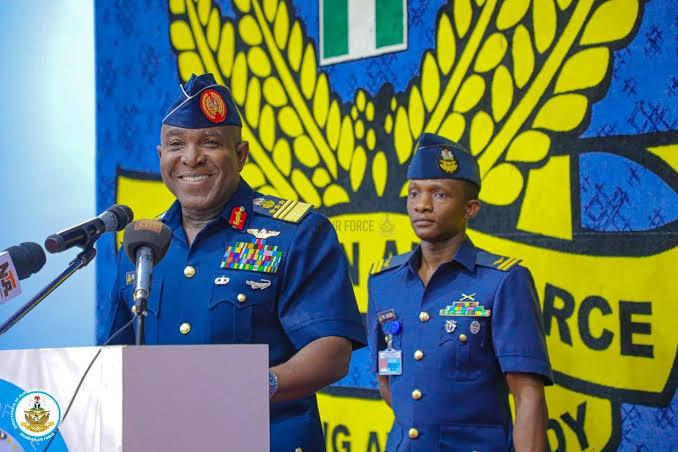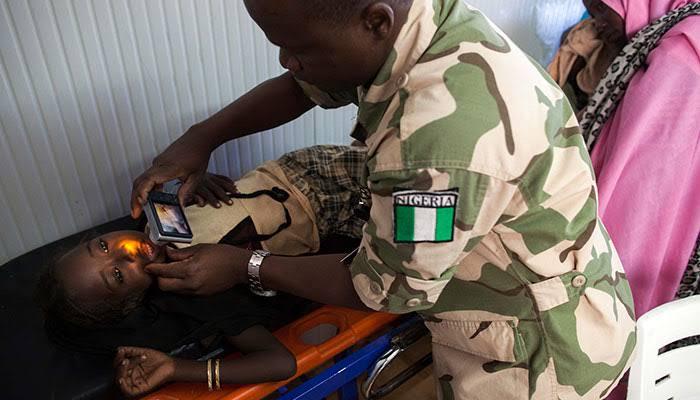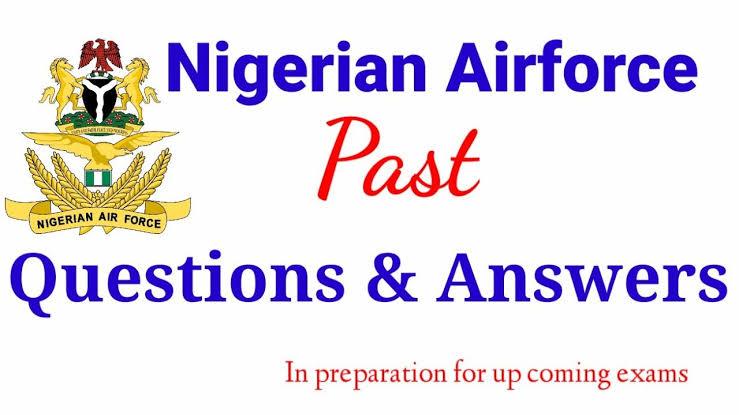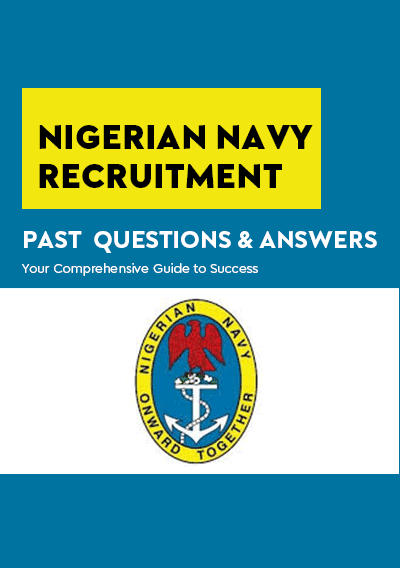Explore Our Bill Payment Services:

- Military And Defence
- Armed Forces Guide
- Nigeria
Functions Of The Nigerian Air Force: Their Official Roles & Responsibilities
The Nigerian Air Force (NAF) is one of the three arms of the Nigerian Armed Forces. Established in 1964, it has evolved into a powerful defense institution with cutting-edge aircraft, trained pilots, and technical professionals.
In this guide, you'll learn the official functions of the Nigerian Air Force, its key responsibilities, and how it supports Nigeria’s security architecture on land, in the air, and beyond.
Overview of the Nigerian Air Force (NAF)
The Nigerian Air Force plays a crucial role in air defense, intelligence gathering, and national protection. It works alongside the Nigerian Army and Navy to safeguard the country’s territorial integrity.
Official Functions of the Nigerian Air Force
Below are the core roles assigned to the NAF as outlined in Nigeria’s defense strategy and military laws:
1. Defend Nigeria’s Airspace
The primary role of the Air Force is to protect the sovereignty of Nigeria’s airspace from foreign or unauthorized aircraft. This includes:
-
Monitoring all aircraft entering and exiting Nigerian skies
-
Deploying fighter jets during airspace violations
-
Conducting air patrols and surveillance missions
2. Provide Air Support to Ground Troops
NAF works closely with the Nigerian Army by offering close air support (CAS) during military operations. This involves:
-
Bombing enemy strongholds
-
Evacuating injured soldiers
-
Air-dropping supplies and reinforcements
-
Disrupting enemy movements using aerial firepower
3. Conduct Aerial Surveillance & Intelligence Gathering
Using advanced technology like drones, radar, and reconnaissance aircraft, the NAF gathers vital information on:
-
Terrorist camps and movements
-
Illegal smuggling and trafficking routes
-
Bandit hideouts and armed groups
This intelligence is shared with other security agencies for joint operations.
4. Transport Military Personnel, Weapons & Equipment
The NAF plays a logistic role by flying troops, weapons, and supplies to operational zones. This ensures faster and safer movement during conflicts or emergencies.
-
C-130 transport planes are often used for long-distance logistics
-
Helicopters are used in short-distance tactical deployments
5. Participate in Internal Security Operations
In times of national crisis, NAF supports internal operations such as:
-
Combating insurgency (e.g., Boko Haram in the North East)
-
Anti-banditry missions in the North West
-
Search-and-rescue operations in flood or disaster zones
-
Election security and riot control (in emergencies)
6. Training & Capacity Building
The Air Force trains pilots, engineers, technicians, and medical personnel. It operates several training institutions, such as:
-
Nigerian Air Force Institute of Technology (AFIT), Kaduna
-
NAF Base Training Schools
-
Foreign aviation and tactical training programs
This ensures a highly skilled and professional workforce to manage Nigeria’s air defense.
7. Maintain Aircraft & Develop Aerospace Technology
NAF is responsible for maintenance, upgrading, and repairs of its fleet, including:
-
Fighter jets
-
Helicopters
-
Transport aircraft
-
Unmanned aerial vehicles (UAVs)
It also partners with global institutions to enhance local aerospace development.
8. Support Peacekeeping & International Missions
The Nigerian Air Force has participated in UN peacekeeping missions and regional operations across Africa. These missions help:
-
Promote peace and stability
-
Support allied African countries
-
Strengthen Nigeria’s global military reputation
Summary Table – NAF Official Roles
| Function | Details |
|---|---|
| Airspace Defense | Prevent foreign intrusion and protect national skies |
| Ground Support | Assist army with bombs, medevac, and supply drops |
| Intelligence Gathering | Surveillance via drones, satellites, and aircraft |
| Military Logistics | Transport troops, arms, and humanitarian supplies |
| Internal Security | Combat insurgents, bandits, and provide disaster response |
| Pilot/Engineer Training | Skilled workforce through local and international schools |
| Aircraft Maintenance | In-house repair and tech development |
| Global Peacekeeping | Participate in UN/AU operations abroad |
FAQs – Nigerian Air Force Functions
1. Is the Nigerian Air Force only about flying jets?
No. NAF also trains engineers, technicians, doctors, logistics experts, and intelligence officers.
2. Can the Air Force be deployed during local crises?
Yes. NAF supports internal operations such as anti-terrorism, riot control, and emergency rescue.
3. What’s the difference between the Army and the Air Force?
The Army defends on land, while the Air Force defends in the air and provides aerial support to ground forces.
4. Does the Air Force do humanitarian work?
Yes. NAF helps in disaster relief, medical evacuation, and delivery of humanitarian aid.
5. Can civilians work with the Air Force?
Yes. Civilians can work in administrative, engineering, and technical roles through DSSC or NAF recruitment.
Conclusion
The Nigerian Air Force (NAF) plays a vital role in securing the nation from air threats, assisting in military operations, and responding to emergencies. From protecting Nigeria’s airspace to conducting aerial strikes, the Air Force remains one of the backbones of national security.
If you're planning to join or simply want to understand how NAF works, this guide provides a complete overview of their functions and responsibilities.









